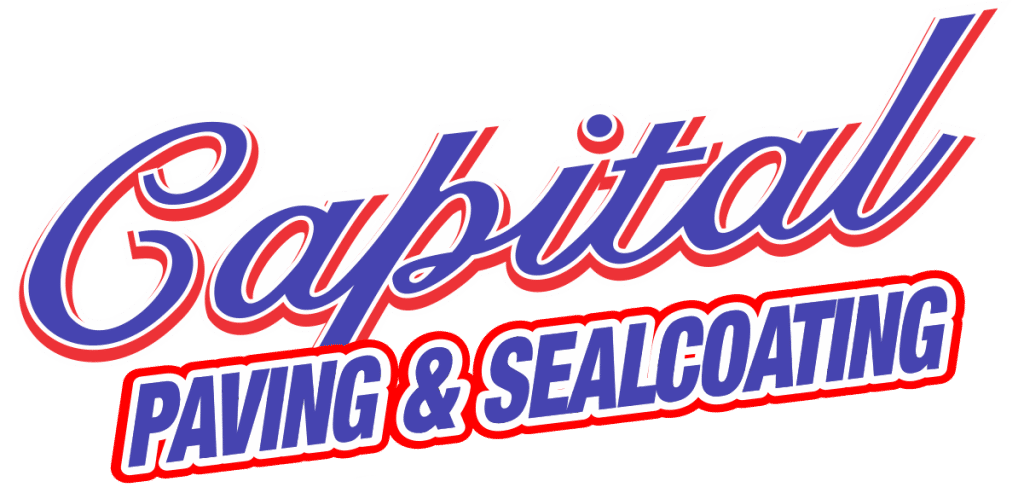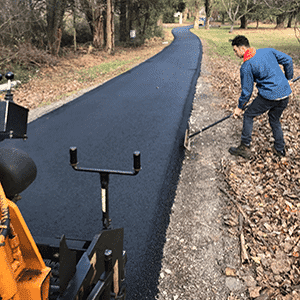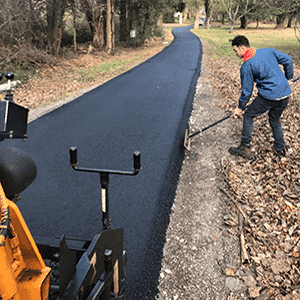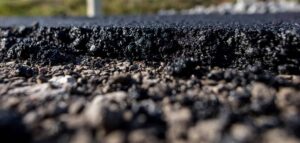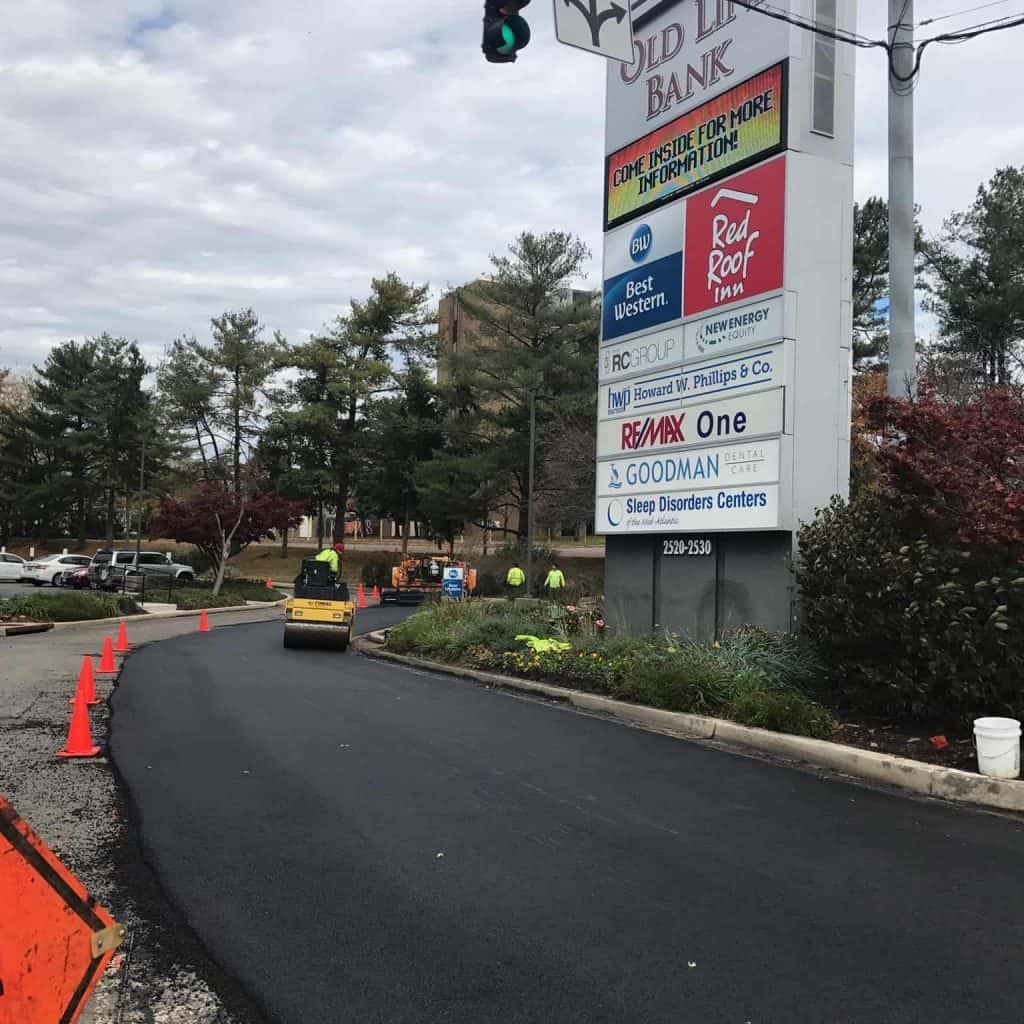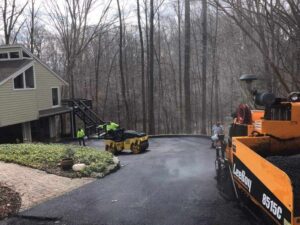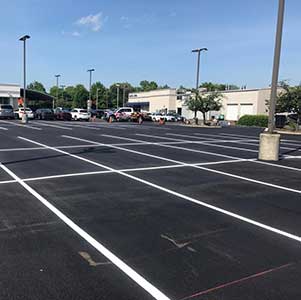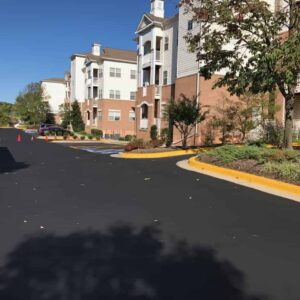Tar-and-chip paving for driveway is a low-cost substitute which is often used in place of asphalt for driveways. The paving surface is made using liquid form of asphalt and stone. Tar-and-chip is characterized with a rough texture, however, it offers more solidity compared to plain gravel. The rough texture helps in providing a firmer grip to the foot especially when the ground is wet or covered with snow.
Other names used in referring to tar-and-chip include seal chip, chip-and-seal, liquid-asphalt-and-stone, or macadam. Unfortunately, compared to asphalt paving, tar-and-chip paving for driveways is not usually common due to the technicalities involved in its construction. In this post, we take a look at some of the pros and cons of using tar-and-chip paving for your driveway.
Simple and Easy To Construct
The process involved in constructing a tar-and-chip driveway is pretty easy and simple. Just like other paving options, the first thing is to install a gravel base. Hot liquid asphalt is then poured over the gravel. Subsequently, a coating of loose stone is poured and rolled into the liquid asphalt, thus, forming a rough textured finish surface. You can install tar-and-chip over existing driveway materials as long as they are in good shape.
Different Colors of Stones for a Personalized Finish
Another advantage of tar-and-chip paving for the driveway is that you can choose the color you want for your driveway. Since the color of the paving will be determined by the top layer of stones, you can give your driveway a personalized finish. Simply create a unique, exclusive, and visually appealing surface by selecting and mixing the different colors of stone available.
Cost-Efficient
As a matter of fact, tar-and-chip can be a good way to save on costs. Since the paving surface is made from liquid asphalt and stone, it is usually not as expensive as asphalt itself. A tar-and-chip driveway can cost little less than an asphalt driveway. If you are on a tight budget, tar-and-chip paving may be an ideal option for your driveway.
Low Maintenance Cost
Another advantage of using tar-and-chip paving for your drive is that it requires a low cost of maintenance. In fact, there is no particular regular maintenance needed for the tar-and-chip driveway. Unlike asphalt, regular sealcoating may not be needed as well.
Cons of Tar & Chip Paving for Driveways
Snow Removal Can Create Problems
A big disadvantage of tar-and-chip paving for driveways is that complications can be encountered during the removal of snow or ice. If a snowplow is used for clearing the driveway, the surface of the driveway can become damaged. Better still, you can use a snowblower or shovel. Although, this can be stressful and time-consuming.
Shorter Lifespan
Furthermore, tar and chip driveways are not built for an extended period. They can serve you for between 7 to 10 years. After that, you may need to reinforce with an additional layer of tar and stones.
Limited Contractors
Lastly, there are few contractors that specialize in building tar-and-chip driveways. Unfortunately, constructing a tar-and-chip driveway is definitely not a DIY project. Hence, before making up your mind to use tar-and-chip paving for your driveway, take time to search for contractors that possess the necessary equipment and experience to handle such a project.
There you have it! The above are some of the pros and cons of tar-and-chip paving for driveway. Materials like concrete, gravel, or asphalt remain the most common choices of material for driveway paving. Nevertheless, this shouldn’t stop you from considering it for your driveway pavement. By considering the available options, you will be able to determine if tar-and-chip paving is ideal enough for your driveway or not.
